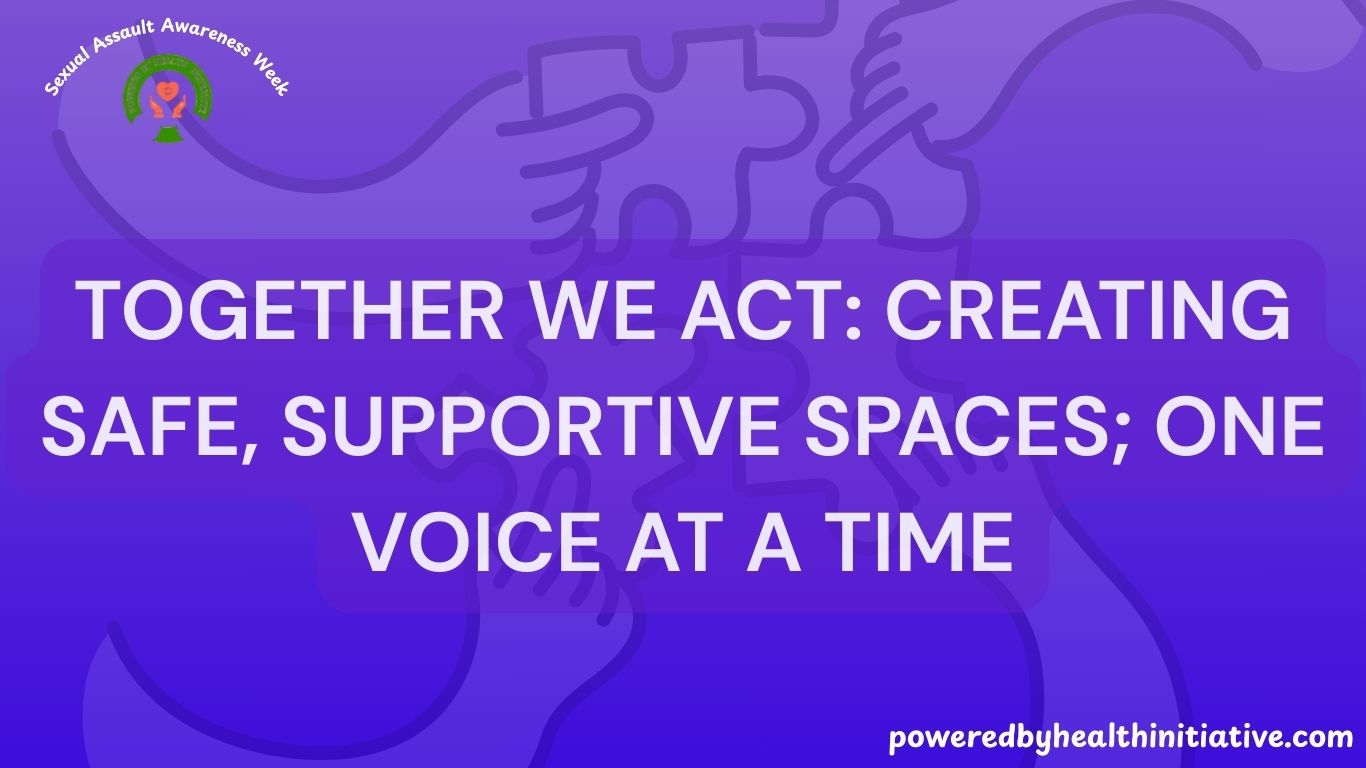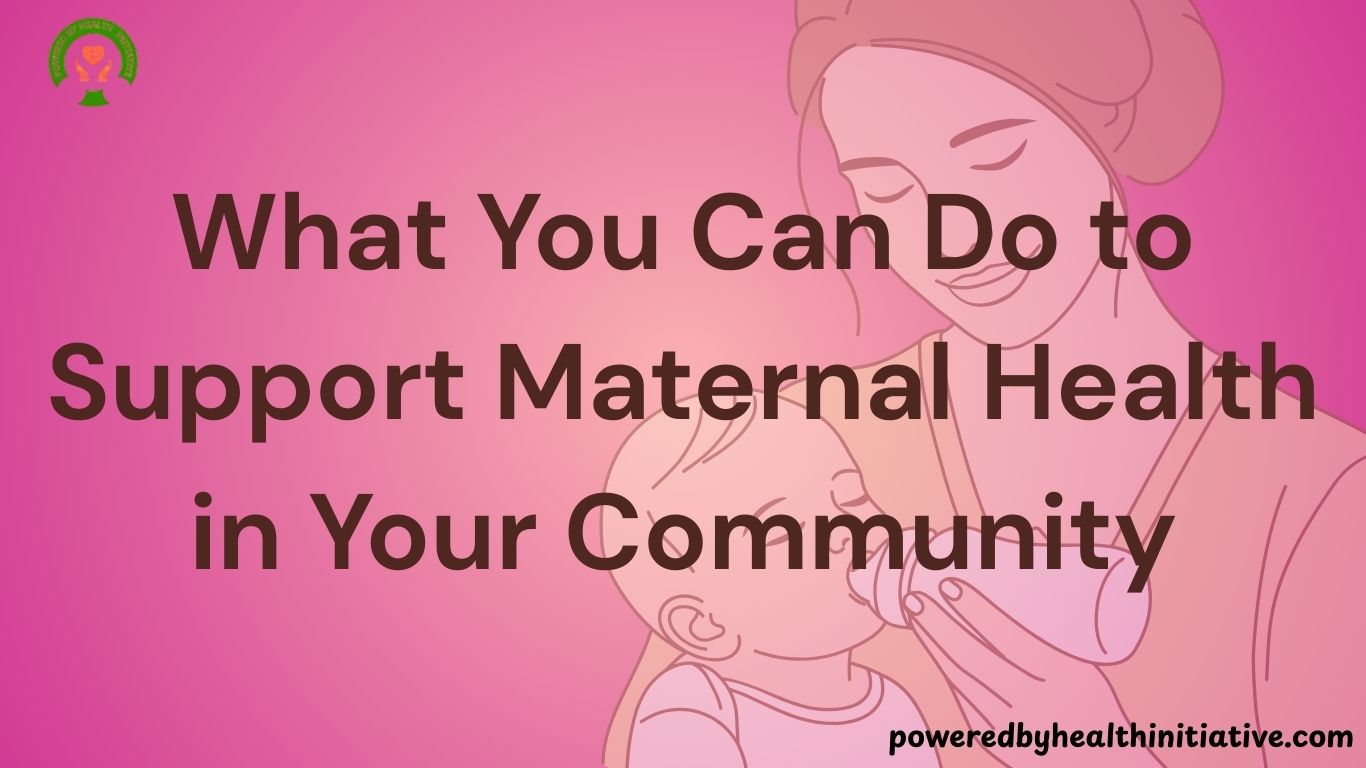As we observe Sexual Assault Awareness Week, we are reminded of the critical need to foster a society that not only acknowledges the widespread impact of sexual assault but also takes meaningful, united steps toward preventing it.
The theme, “Together We Act, United We Change,” underscores a fundamental truth: creating a safer and more supportive environment for survivors of sexual assault is not a solitary effort; it demands collective action.
Sexual assault is a pervasive issue that affects people of all genders, ages, and backgrounds.
It disrupts lives, destroys trust, and leaves deep emotional and psychological scars.
Yet, despite its prevalence, conversations around sexual violence are often silenced by stigma, fear, and misunderstanding.
That’s why it’s so vital to come together as communities, institutions, and individuals to break this silence and foster a culture of empathy, respect, and proactive support.
Understanding the Impact of Sexual Assault

To take effective action, we must first understand the profound impact of sexual assault, not just on individuals, but on communities and society as a whole.
Survivors of sexual assault typically experience a wide range of physical and psychological effects, including anxiety, depression, post-traumatic stress disorder (PTSD), and difficulties with trust and relationships.
These impacts can persist for years, and in many cases, a lifetime.
Beyond individual trauma, sexual assault can have ripple effects within families, workplaces, schools, and communities.
It contributes to a culture of fear and silence, especially when survivors do not feel safe or supported enough to come forward.
This silence enables perpetrators to reinforce harmful norms and behaviours.
If we are to create meaningful change, we must begin by listening to survivors, validating their experiences, and recognising the long-term effects of trauma.
Breaking Down Barriers to Support

Creating a supportive environment for survivors starts with dismantling the barriers that prevent them from accessing help.
These barriers often include stigma, shame, and lack of access to resources.
1. Challenging Stigmas and Myths

One of the most persistent obstacles to survivor support is the stigma surrounding sexual assault.
Society has long perpetuated myths such as blaming victims based on what they wore or where they were, shifting responsibility away from perpetrators.
We must confront and debunk these harmful beliefs. Sexual assault is never the survivor’s fault.
Only by changing societal attitudes can we create a more supportive and just culture.
2. Creating Safe and Confidential Spaces

Survivors need to know that they can come forward without fear of judgment, retaliation, or exposure.
Establishing safe, confidential environments in workplaces, schools, medical facilities, and community centres is essential.
Whether it’s through trained support staff, private reporting options, or inclusive policies, creating these spaces signals that survivors are not alone and that their voices matter.
3. Providing Access to Resources

Healing from trauma requires comprehensive support systems.
Survivors need access to mental health services, legal advocacy, medical care, and crisis counselling.





Leave A Comment